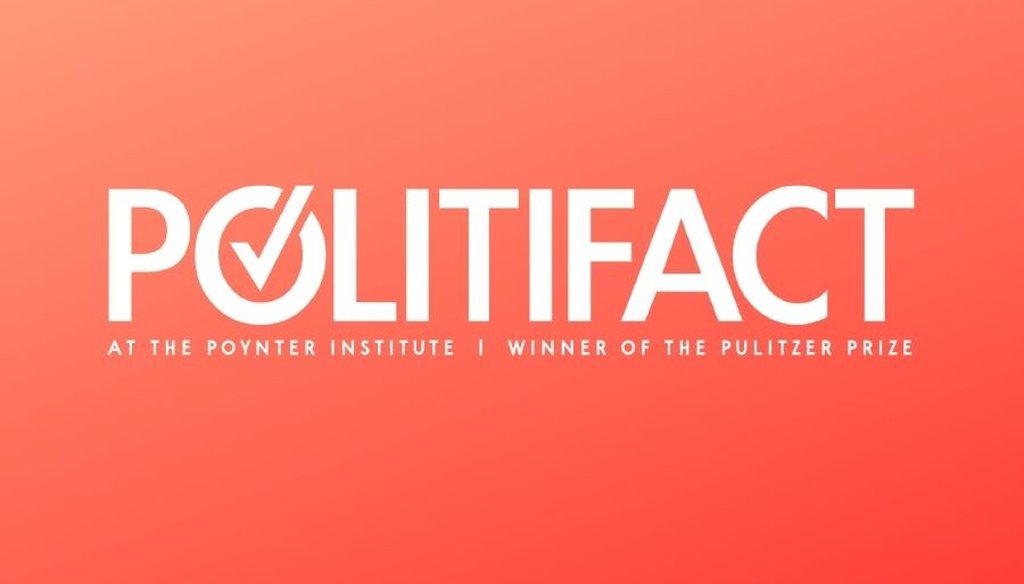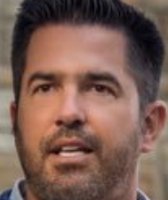Stand up for the facts!
Our only agenda is to publish the truth so you can be an informed participant in democracy.
We need your help.
I would like to contribute

Rick Scott, left, and Charlie Crist (Tampa Bay Times file photos)
The contest between Gov. Rick Scott and former Gov. Charlie Crist will be the most closely watched and expensive political battle in Florida in 2014.
Scott, a multimillionaire and former health care CEO, parlayed tea party support into a successful bid to become Florida’s governor in 2010. That year, Crist lost his bid for U.S. Senate to Marco Rubio and along the way ditched the Republican Party. In 2012, Crist became a Democrat. Scott is aiming to raise $100 million and Crist hopes to raise half of that.
So far, Scott has been the more visible candidate. His campaign and the Republican Party of Florida steadily churn out attacks against Crist on TV and online, using traditional ads, press releases, Twitter messages and Facebook posts.
Crist, meanwhile, seems focused on media appearances and fundraising. His campaign has launched a few attacks online and in social media, but it doesn’t yet have the 24-7 presence of Scott’s side.
The main area of attack in the race has been the Affordable Care Act; opposition to the law was Scott’s signature issue in the 2010 governor’s race. Crist has staked out an unusual position: He now proudly says he supports Obamacare, and he has attacked Scott for opposing it.
Here, we will summarize our key fact-checks; readers can also look at the complete PolitiFact report cards of Crist and Scott.
Affordable Care Act
Let’s Get to Work, a political committee supporting Scott’s re-election, launched an ad that mocked Crist for calling Obamacare "great" during an interview on CNN.
"Great?" the narrator says. "News reports say 300,000 health plans canceled. Obama says patients may lose their doctors. The federal government says less work hours for American jobs," the narrator says.
We examined the ad’s claim that the law resulted in "300,000 health plans canceled" and found it omitted key information. Last fall, Florida Blue did start sending letters to 300,000 members stating that their plans didn’t comply with Obamacare and would be canceled. But members were also offered new plans that complied with the law.
Also, President Barack Obama later announced that people could keep their plans for another year, and most of the Florida Blue members have kept their pre-Obamacare plans for now. We rated this claim Mostly False.
We also looked at the claim that "Obamacare will drive 2.5 million Americans out of the workforce."
That statement relates to a February Congressional Budget Office report that says workers who can now buy affordable insurance on their own will cut back on hours, equivalent to about 2.5 million full-time workers by 2024. The ad is misleading, though, because the equivalent of those hours does not translate to 2.5 million actual workers, and they won’t be driven out of the workforce against their will. We rated this claim Mostly False.
Scott and the state Republican Party have also pinned part of their strategy on attacking Medicare Advantage cuts. The law tries to bring down future health care costs by reducing payments to Medicare Advantage providers.
On Facebook, the state party attacked Crist for supporting "cuts to the Medicare Advantage program."
Crist has flip-flopped on a lot of issues, including the federal health care law. But on the issue of Medicare Advantage, Crist has actually been consistent: He's been critical of the cuts for years. We rated the party’s claim False.
Crist unveiled his counter-attack against Scott in an online video in which he said, "Rick Scott wants to take us back to the days of insurance companies denying coverage for pre-existing conditions."
There is no dispute that Scott has been a persistent critic of the health care law which banned insurance companies from refusing coverage due to pre-existing conditions.
We could not find many comments from Scott about pre-existing conditions. Overall, Scott supports tax breaks that allow people to buy their own insurance, and if they keep themselves insured, they don’t have to worry about pre-existing conditions.
But that would leave those who end up uninsured for more than a few months in danger of being denied coverage for pre-existing conditions. We rated this statement Mostly True.
Education
Another campaign battlefield is which candidate cut or increased funding for education.
On his website, Crist said Scott "tried to slash school funding by $3.3 billion." Scott did propose cutting $3.3 billion from the education budget after the loss of federal stimulus dollars. In the end, Tallahassee approved $1.3 billion in cuts. Scott has asked for increases in the three years since. We rated that claim Mostly True.
Scott fought back with his own attack: "Charlie Crist signed into law an automatic 15 percent annual tuition increase that put college further out of reach for many Floridians." Crist did sign a 2009 law allowing the Board of Governors to increase tuition up to 15 percent in combination with whatever increase the Legislature approves. But this "tuition differential," as it’s called, is neither automatic nor always 15 percent. Scott’s campaign admitted mischaracterizing the law; We rated the statement Half True.
Scott has also focused on good-news claims about education -- including access to pre-K and the national rankings of a few top notch high schools.
But the true battle is about education funding, and Scott points to increases later in his tenure.
This year, Scott said of his budget proposal that "the $18.8 billion in funding for K-12 education funding is the highest in Florida history and includes a record $10.6 billion in state funds."
He is correct that both the sheer dollar total and the state’s portion are larger than in past years. However, per-pupil spending was higher under Crist. Also, factoring in inflation for the total amount for 2007-08 would make it larger than Scott’s current proposal. We rated this claim Half True.
Jobs, taxes and economy
Scott and the Republicans want to focus much of the race on the dark days of the recession under Crist and contrast that with the economic recovery under Scott.
In December 2012, Scott said at a news conference, "The four years before I became governor, the state had lost 825,000 jobs. Unemployment had gone from 3.5 percent to 11.1 percent."
Scott was right about the grim jobless figures. But Scott missed the mark for implying the state’s recession was the result of a poor handling by Crist. Florida’s economy tanked largely as a result of the housing market crisis, a tornado of issues over which Crist had little to no control. We rated Scott’s statement Half True.
Crist’s response to those kinds of numbers are that the economic turnaround "started at the end of my term." During Crist’s last year in office, Florida’s economy experienced gains by some economic markers, but GDP didn’t grow again until Scott took office.
Economists say Crist deserves some credit for the economic turnaround because he accepted federal stimulus dollars, but they add that any state is inevitably buffeted by national trends beyond their control. We rated his claim Half True.
After Scott signed a bill that cuts auto tag fees, the Republican Party of Florida said that Crist "raised taxes in 2009 and won’t rule out raising taxes again."
Crist -- along with the Republican-led Legislature -- did raise the cigarette tax and a slew of fees including auto tag fees in 2009 to balance the budget during a recession.
When asked in November if he would raise taxes in the future, Crist said, "if necessary." The Republicans omitted Crist’s softer language in the same interview when he added, "I don’t know if it’s necessary right now." We rated this claim Mostly True.
Flip Flops and promises
We also evaluated several of Crist’s positions on hot topics on our Flip-O-Meter, which evaluates to what extent a candidate or politician has changed his stance on an issue without making a judgment about that change. We gave Crist a Full Flop for changing his stance to against the Cuba embargo, and a Full Flop after he switched his support in favor of gays adopting. We gave Crist a Half Flip for his stance on abortion and No Flip for his position on oil drilling off Florida’s coast.
We gave Scott a Full Flop for opposing the Medicaid expansion before he supported it.
We are also tracking Scott’s 2010 57 campaign promises on our Scott-O-Meter including his central promise to create 700,000 jobs in seven years, which we have rated In the Works. Overall, Scott has received a Promise Kept or Compromise for about 54 percent of his promises, Broken or Stalled for 33 percent and In the Works for 12 percent.
Spot a claim in the governor’s race in need of a fact-check? Tweet us at @PolitiFactFL #PolitiFactThis or email us at [email protected]
Our Sources
See individual fact-checks for additional sources
































